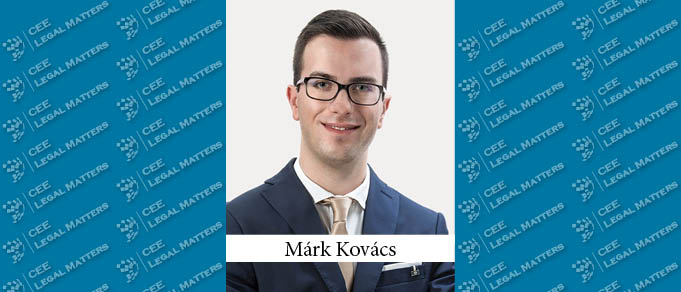Hungary is one of the first countries in CEE to fully implement Directive 2019/790 on Copyright in the Digital Single Market ("CDSM Directive") and Directive 2019/789 ("SatCab 2.0 Directive"). The so-called "Copyright Reform Act" (Act XXXVII of 2021) was published in the Official Gazette on 6 May 2021, and the majority of the new rules will be effective as of 1 June 2021.
According to the reasoning behind the Copyright Reform Act, many of the rules of the CDSM Directive that aim to strengthen the position of authors and performers were already an existing part of the Hungarian copyright system, and so only fine tuning was needed.
The main novelties introduced by the Copyright Reform Act
However, other than the fine tuning mentioned above, a number of institutions are being newly introduced to the Hungarian copyright system in line with the Directives. The Copyright Reform Act allows cultural heritage institutions (e.g. museums, libraries) to make easier use of works protected by copyright that are no longer commercially available. For example, libraries are now allowed to digitalise and make available on their websites those literature works that exist only as part of the library's collection. It clarifies the responsibility of online platforms for the use of content under copyright protection uploaded on their platforms. I.e., content sharing platforms such as Youtube are responsible for infringement of copyright if they do not filter the content uploaded by users with "best efforts", however, at the same time they must also pay attention not to prevent the "free use" of copyright such as parodies. The Copyright Reform Act also strengthens the position of press publishers in relation to online use. By establishing a new neighbouring right, a fee must be paid to press publishers for online reproduction of news content.
In many cases the Copyright Reform Act goes beyond the provisions of the CDSM Directive and renews and broadens existing obsolete rules in order to adapt copyright law to the modern digital environment. Most notably, the Copyright Reform Act introduces a general parody exception as a new case of fair use of copyright works - thereby giving the green light, for example, to the free creation of memes. The Copyright Reform Act also relaxes the strict criteria of written form for copyright license contracts in many cases, making it easier to use the works in an online environment.
Conclusion
The Copyright Reform Act complies with the aims of the Directives, and in some cases exceeds those: the broader scope of fair use cases serve the interests of the users, while the newly regulated liability of online platforms and the new rules of license contracts strengthen the position of the authors.
It is not an exaggeration to say that the new rules will affect everyone (be a user, intermediary or author), so if you have any questions about the detailed rules of the copyright reform, the Schoenherr IP team can guide you in this regard.
By Mark Kovacs, Attorney at Law, Schoenherr




